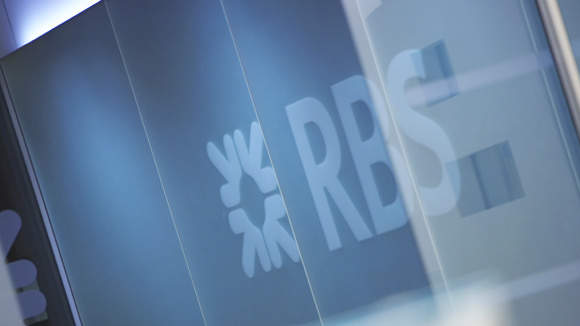
RBS Group’s asset and invoice finance income was down 7.5% to £662m (€753m) in 2017 from 2016’s figures.
Lending for the asset finance and invoice segment increased 14% to £16.1bn.
Impairments rose 63% to £57m, representing 0.4% of gross lending (2016: 0.2%).
This followed the transferral of RBS Invoice Finance and the majority of Lombard North Central to NatWest, also part of the RBS group, in early 2017.
Changes for Lombard
Earlier this year, Investec and Shawbrook were reported to have acquired Lombard’s offshore portfolio for a total of £150m.
NatWest acquired Lombard’s mainland operations and the RBS Invoice Finance business.
How well do you really know your competitors?
Access the most comprehensive Company Profiles on the market, powered by GlobalData. Save hours of research. Gain competitive edge.

Thank you!
Your download email will arrive shortly
Not ready to buy yet? Download a free sample
We are confident about the unique quality of our Company Profiles. However, we want you to make the most beneficial decision for your business, so we offer a free sample that you can download by submitting the below form
By GlobalDataCommercial banking operations saw income increase by 48% to £2.4bn thanks to the acquisitions, of which the results said Lombard contributed £305m in extra net-interest income, while invoice finance brought in £84m.
NatWest results
Operating profits for NatWest’s commercial banking doubled to £1.2bn. Operating expenses, which in 2016 were weighed down by a £223m provision for regulators’ investigation into treatment of SMEs, were down 9.7% to £888m, with restructuring and ring-fencing costs partly offsetting savings from non-recurrence of the previous year’s charges.
Commercial banking impairments reported a more-than-eightfold increase, from £14m to £119m. NatWest reported increased lending exposure following the transferrals from RBS, particularly in the services, transport and retail and leisure sectors. Additionally, as a result of the transferrals, loan-to-deposit ratio for NatWest increased from 79% to 85%.
RBS Group sees first profit in 10 years, apologises for SME experience
RBS Group reported its first profit in ten years for 2017, reversing 2016’s £4bn loss into a positive £2.2bn. This was despite a £583m loss in Q4, comparable with the same quarter in 2016.
Commercial banking reported losses of £362m, up 75%, which the group attributed to “a small number of single name impairments”. RBS is among the high street lenders owed £900m from the collapse of Carillion, and was also part of the reverse factoring scheme that Carillion still owed £500m on.
In his statement, RBS chief executive Ross McEwan addressed the controversy over the Financial Conduct Authority’s (FCA) investigation into Global Restructuring Group (GRG).
He said: “The bank has received significant media attention for its treatment of some small business customers between 2008 and 2013. To those customers who did not receive the experience they should have done while in GRG we have apologised.
“We accept that we got a lot wrong in how we treated customers in GRG during the crisis. However, these were complex and subjective cases with each case having unique facts about what was the right thing to do. The bank welcomes the FCA’s confirmation that the most serious allegations made against the bank have not been upheld and that the steps the bank announced in November 2016 to put things right for customers are appropriate.
“We have made significant progress in improving our culture since then. Today this bank is a simpler and safer organisation, with colleagues now fully focused on our customers.”
He added: “In the past our legacy has dominated our corporate story. In 2017 our financial strength improved and we continued to put the past behind us.
“As the number of our legacy issues reduces, and our business performance improves, the investment case for this bank is clearer, and the prospect of us rewarding our shareholders is getting closer.”







